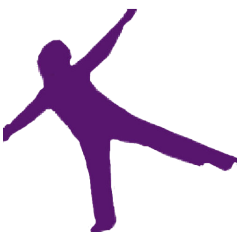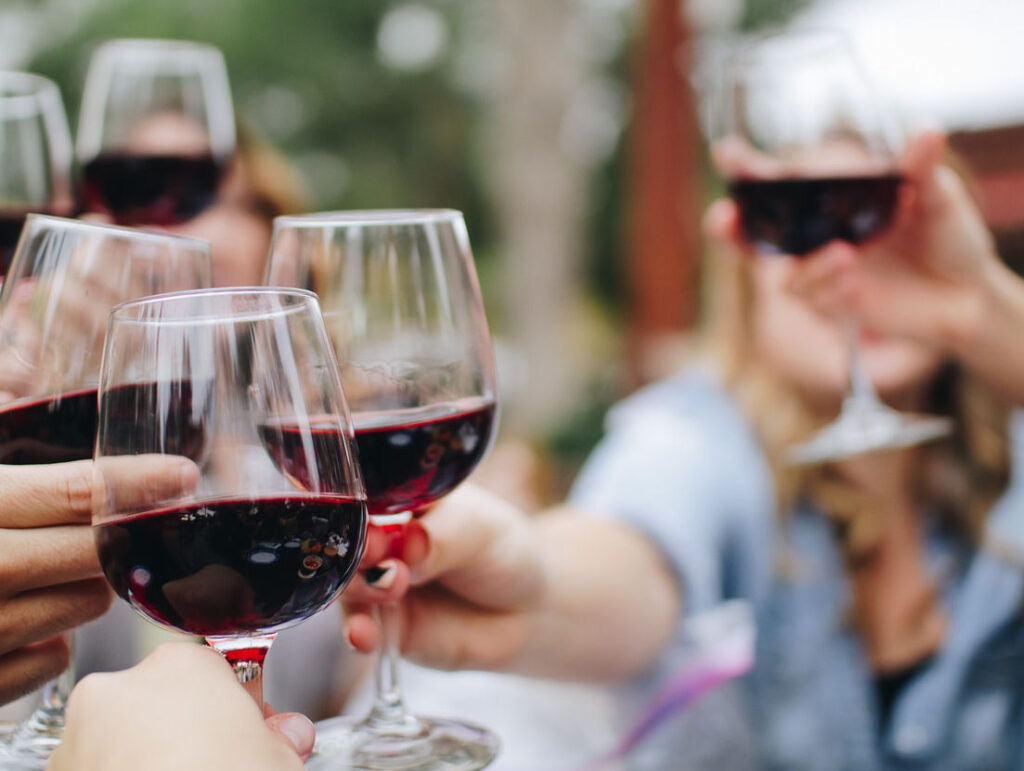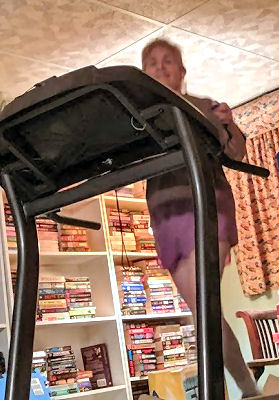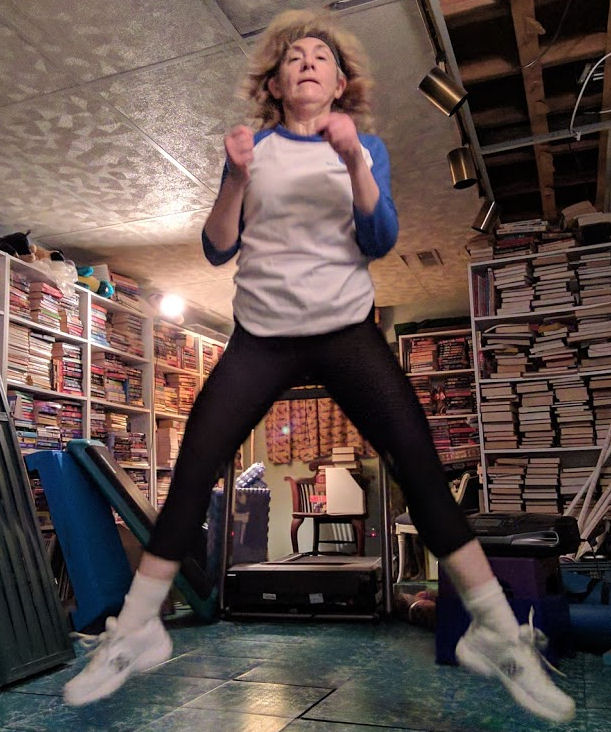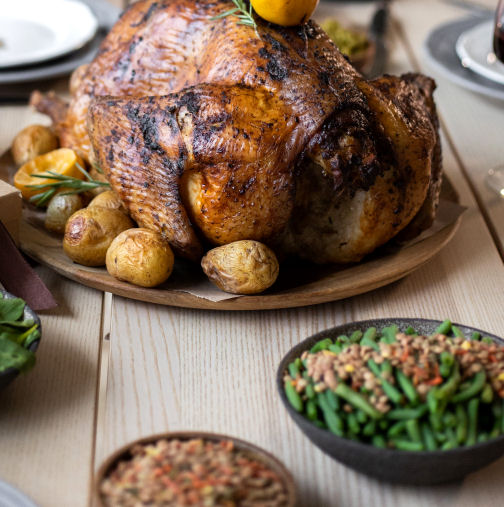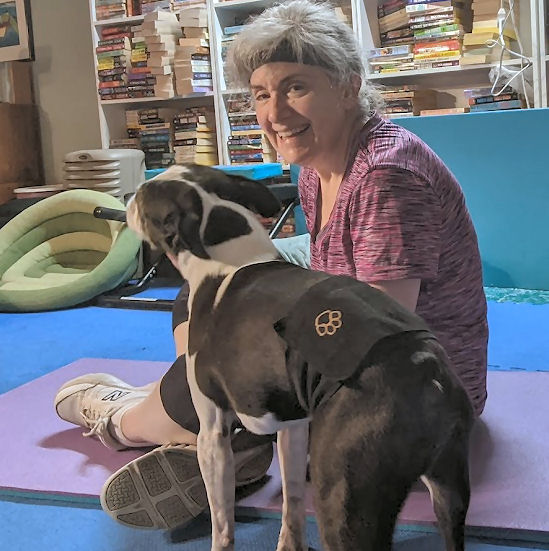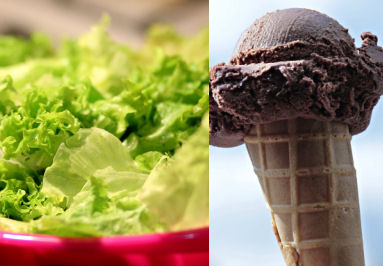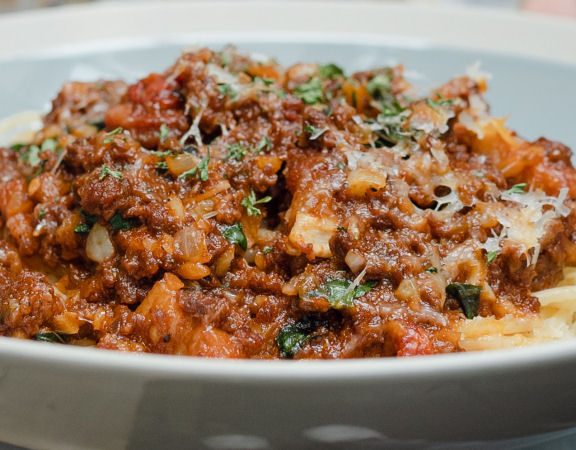Surprising place for provoking thought
I had to get new tires for my car this week. It would take an hour but I was prepared with a book. There was an array of Wine Spectator magazines on the table in the waiting room. Surprising magazine choice at a tire store! I picked up the top copy and started to leaf through it. There was an article about wine and its health benefits, so I started reading. Going right along with what I’ve been saying for years, it turns out that enjoying wine in moderation is not detrimental and can actually provide some benefits. Enjoy everything in moderation – even wine.
But wait – the WHO says no alcohol
The World Health Organization decreed at the beginning of 2023 that no amount of alcohol consumption is safe. The paper cites previous studies in which alcohol was considered a cancer-causing agent. There was no study linking specific amounts of alcohol to cancer, however, merely the potential cancer-causing risk of alcohol consumption. It could be that the WHO considers that it may be all too easy for moderate consumption to become excessive consumption.
Some studies have shown benefits
But a recent study determined that moderate drinkers live as long as people who never drink. So, why not enjoy! And the Mayo Clinic has observed that the polyphenols in red wine may help protect the lining of the blood vessels in the heart. This could be the reason that red wine has been touted for its heart-healthy benefits.
The flavanols in wine have also been implicated in reducing cognitive decline and a reduced risk of stroke in moderate drinkers – which we all want for our healthy aging. Yes, the flavanols can also be found in other foods, but why not enjoy the wine?
Enjoying with friends has other benefits
Another point to consider is that we often enjoy wine in the company of friends and family. Getting together in a social group is not just fun – fun planning and reconnecting with friends – but it also increases our resilience and optimism. Why not have a wine tasting at your next get-together. Tasting wine critically with friends will combine all of the benefits of good wine, good food and good friends.
Enjoy everything … in moderation – has been my motto for years. I never deny myself anything I really want. Chocolate cake? Pizza? You bet. I plan for it and that could make the enjoyment even greater. A new purse? New shoes? If I see something I really want, then I figure out a way to make it happen. I don’t splurge, but I enjoy.
So – enjoy everything. Even wine – in moderation.
